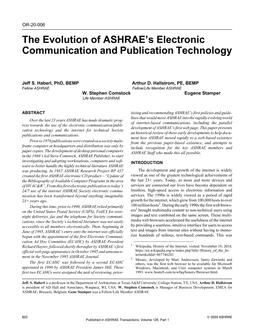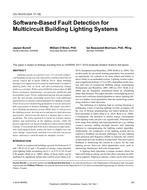Severe acute respiratory syndrome (SARS) is a recently described illness of humans with a high case fatality rate that has spread widely since November 2002. As SARS and many other diseases may be transmitted by biological airborne particles, it is important to analyze the movement of biological particles indoors to protect the indoor environment from biological pollution. In this paper, the movement of biological particles in two adjacent rooms is numerically studied under cross ventilation. The cases of different air exchange rates and initial positions of particles are analyzed and compared numerically. The discrete trajectory model is adopted to simulate particle tracks, while the Eulerian method for solving continuous fluid flow is combined. The results show that the air exchange rate and initial positions of the particles are two key factors influencing the indoor environment of the rooms. For the cases presented, the number of biological particles in the internal room increases with the increase of air exchange rate of the external room. Furthermore, if the particles are closer to the conjoined opening of the two rooms, the number of the particles may be more.
Units: SI
Citation: ASHRAE Transactions, vol. 110, pt. 2
Product Details
- Published:
- 2004
- Number of Pages:
- 8
- File Size:
- 1 file , 3.2 MB
- Product Code(s):
- D-23229


